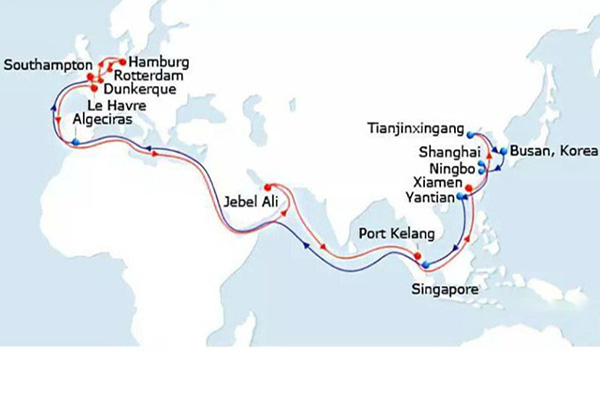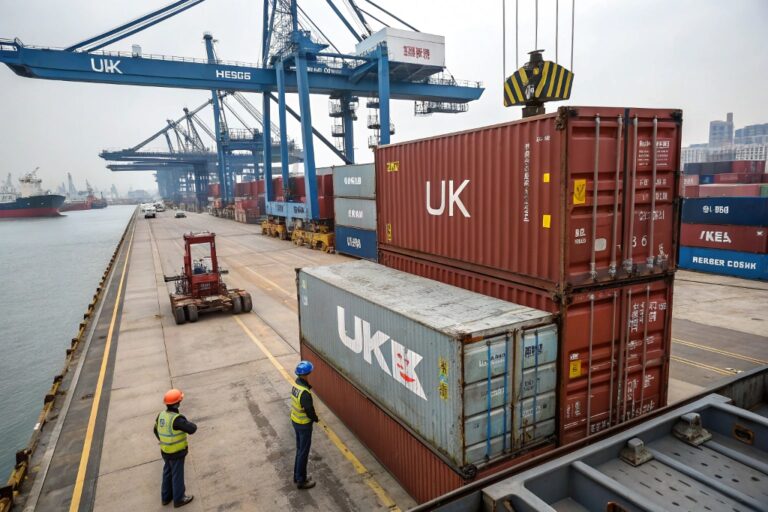CPT (Carriage Paid To) is an internationally recognized trade term that specifies that the seller is responsible for arranging and paying for transportation to a designated location. The risk associated with the shipment transfers to the buyer as soon as the goods are handed over to the first carrier.
Seller's Responsibility
Export Preparation
- Packing
- Document
- Export Clearance
Pre-carriage
- Loading at origin
- Inland transport
- To first carrier
Main transport
- Risk transfer point
- To destination
Buyer's Responsibility
Import Clearance
- Import duty
- Custom clearance
- Port charges
Finial Delivery
- Unloading
- Local transport
Scope of Application
The CPT (Carriage Paid To) term applies to various modes of transportation, including but not limited to road, rail, air, sea, and multimodal transport. It has a wide range of applicability in international trade.
Distinctions from Other Similar Terms
Difference from CIF (Cost, Insurance and Freight)
The CIF term is primarily applicable to sea and inland waterway transport, while CPT can be utilized across all modes of transportation. Additionally, under CIF, the seller has the obligation to arrange for transportation and pay freight, similar to CPT, but must also obtain cargo insurance and pay the associated premium.Difference from CFR (Cost and Freight)
CFR is limited to sea and inland waterway transport, whereas CPT is more flexible and applicable to all transport modes. Regarding risk transfer, under CFR, the risk shifts to the buyer as soon as the goods pass the ship’s rail at the port of shipment, whereas in CPT, the risk transfers to the buyer when the goods are handed over to the carrier.Difference from CIP (Carriage and Insurance Paid To)
The primary distinction between CPT and CIP lies in insurance responsibility. CPT does not include insurance coverage, while CIP mandates that the seller purchase insurance.
Important Considerations
Clearly Specify Destination: Ensure the destination is explicitly stated in the contract to avoid transportation errors or disputes arising from lack of clarity.
Select a Reliable Carrier: Conduct a thorough evaluation of the carrier, considering their reputation, transport capabilities, service quality, and pricing.
Clarify Cost Responsibilities: Both parties should clearly define who is responsible for all costs in the contract to prevent disputes over expenses.
Insurance Considerations: The CPT term does not encompass insurance coverage; therefore, the buyer must decide whether to procure insurance independently.







